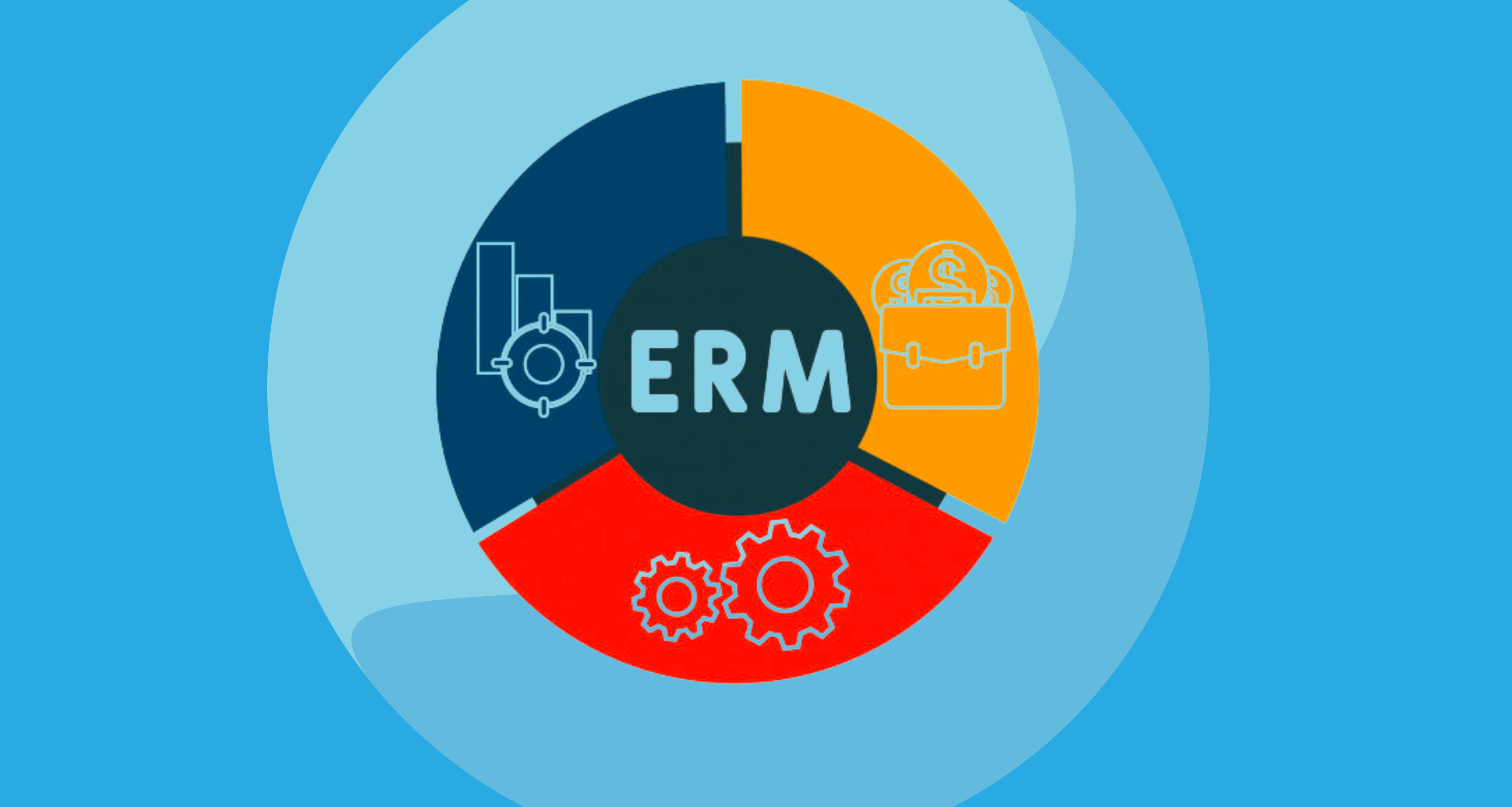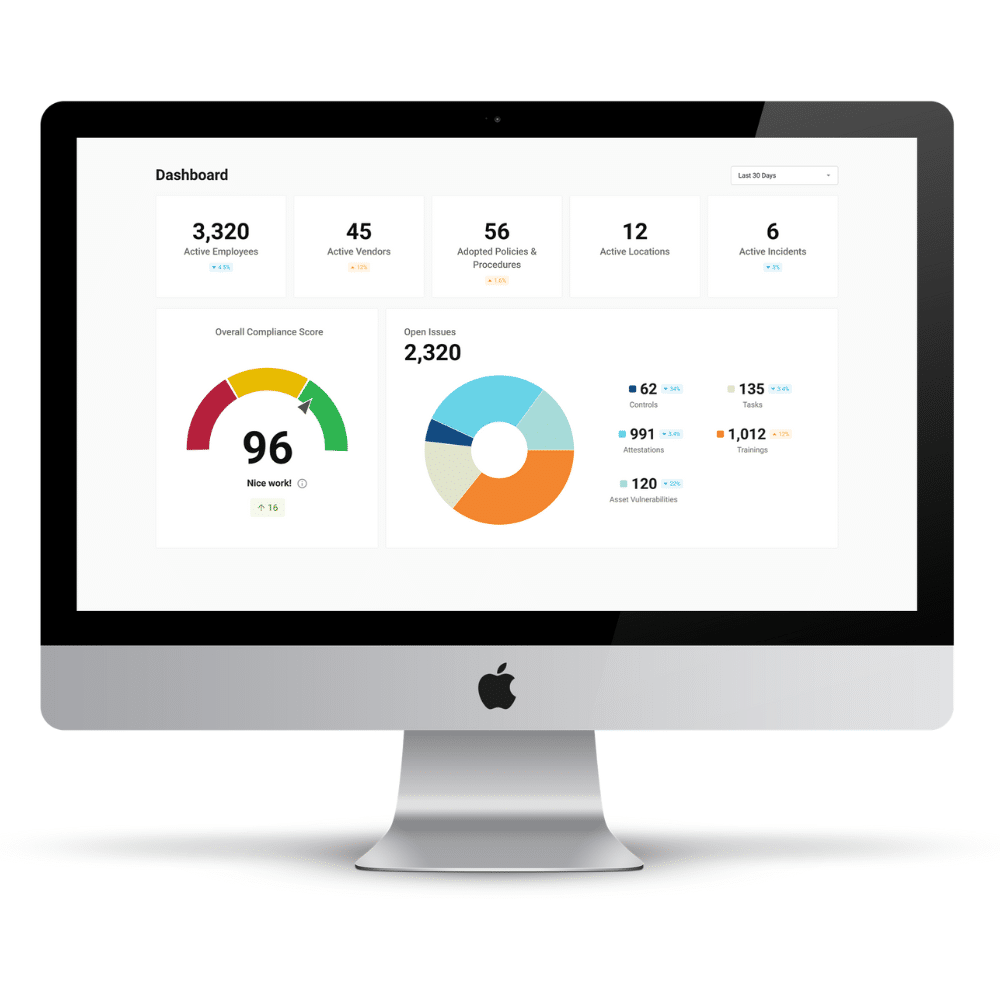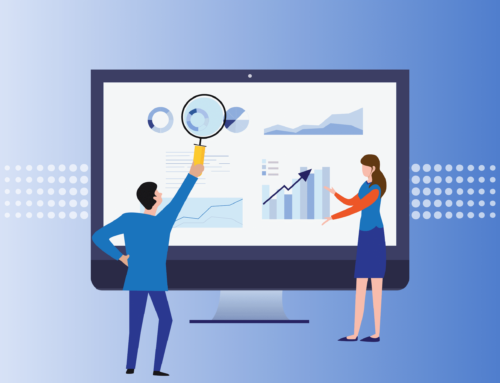In the complex and dynamic world of healthcare, managing risk is essential to ensure patient safety and protect organizations from potential litigation or non-compliance. With the increasing reliance on technology and data in healthcare delivery, enterprise risk management strategies have become vital for mitigating risks associated with various aspects of operations.
We will explore the importance of enterprise risk management in healthcare, focusing on enterprise information management, enterprise asset management, enterprise data management, and enterprise content and record management systems.
Understanding Enterprise Risk Management in Healthcare: Looking Behind the Scenes
Enterprise risk management involves a systematic approach to identifying, analyzing, prioritizing, and responding to potential risks across an organization. Enterprise risk management in healthcare settings encompasses a broad range of risks, including:
- Clinical
- Operational
- Financial
- Legal
- Technological
- Reputational
By adopting an integrated enterprise risk management framework, healthcare organizations can enhance their ability to anticipate threats and take proactive measures to minimize their impact on patient care.
Enterprise Information Management in Healthcare: The Power of Data
Effective information management is essential for delivering quality care while minimizing risks associated with inaccurate or incomplete data. Enterprise information management in healthcare aims to streamline the flow of information across various departments within an organization. It ensures that accurate and up-to-date information is readily available to support decision-making processes.
Enterprise information management systems enable secure storage, retrieval, sharing, and analysis of healthcare data such as:
- Electronic Health Records (EHRs)
- Medical Images
- Lab Results
- Administrative Documents
By implementing robust enterprise information management solutions that adhere to industry standards and regulations such as HIPAA (Health Insurance Portability and Accountability Act), healthcare organizations can optimize data accessibility while maintaining patient privacy.
Healthcare Enterprise Asset Management: Optimizing Efficiency and Performance
In any healthcare facility, numerous assets, from medical equipment to facility infrastructure, contribute directly or indirectly to patient care outcomes. Effective enterprise asset management strategies help healthcare organizations optimize these assets’ utilization, maintenance, and lifecycle management.
By implementing enterprise asset management solutions that leverage technology, healthcare providers can monitor equipment performance in real-time, proactively schedule maintenance activities, minimize downtime, and reduce the risk of critical asset failures. This improves patient safety and enhances operational efficiency by reducing unnecessary costs associated with emergency repairs or replacements.
Healthcare Enterprise Data Management: Streamline, Secure & Succeed
Managing vast amounts of data generated within a healthcare organization is a daunting task. Healthcare enterprise data management aims to ensure accurate, reliable, and secure storage, retrieval, sharing, and analysis of data throughout its lifecycle. By implementing Enterprise data management solutions that integrate disparate data sources and enable advanced analytics capabilities, healthcare organizations can gain valuable insights for proactive risk assessment and decision-making.
Effective data governance frameworks play a crucial role in ensuring data:
- Integrity
- Privacy
- Security
- Compliance
Robust data quality controls and standardized processes facilitate better clinical outcomes through evidence-based medicine practices while minimizing risks associated with inaccurate or incomplete information.
Enterprise Content and Record Management for Healthcare: Better Patient Care
In healthcare settings where an enormous amount of documentation is generated daily, enterprise content and record management systems streamline document:
- Creation
- Storage
- Retrieval
- Version Control
- Archiving
- Disposal Processes
These systems eliminate manual paper-based workflows prone to errors while ensuring compliance with legal regulations such as HIPAA.
Implementing enterprise content and record management solutions enables healthcare organizations to efficiently manage:
- Medical Records
- Consent Forms
- Insurance Claims Documents
- Research Papers
- Policies & Procedures Manuals
These are all essential components that are vital for mitigating risks associated with litigation or non-compliance.
In an era where patient safety is paramount in healthcare delivery systems worldwide, adopting robust enterprise risk management in healthcare has become imperative. From effectively managing information flow through enterprise information management systems, to optimizing asset utilization using enterprise asset management solutions, healthcare organizations enhance patient outcomes while minimizing risks associated with various aspects of their operations.









